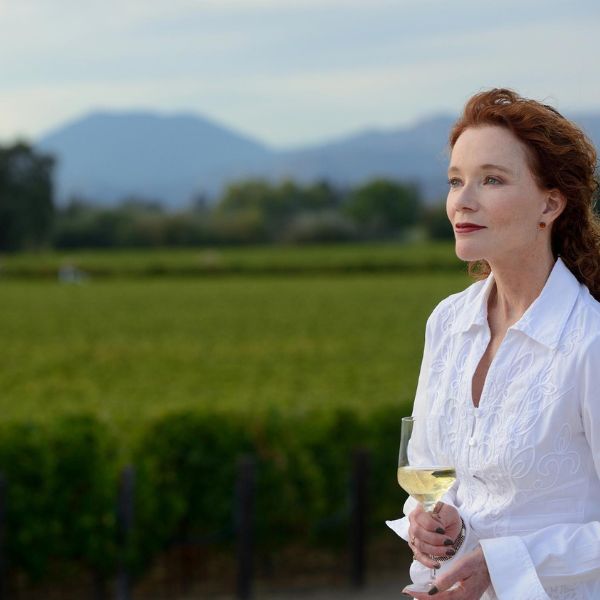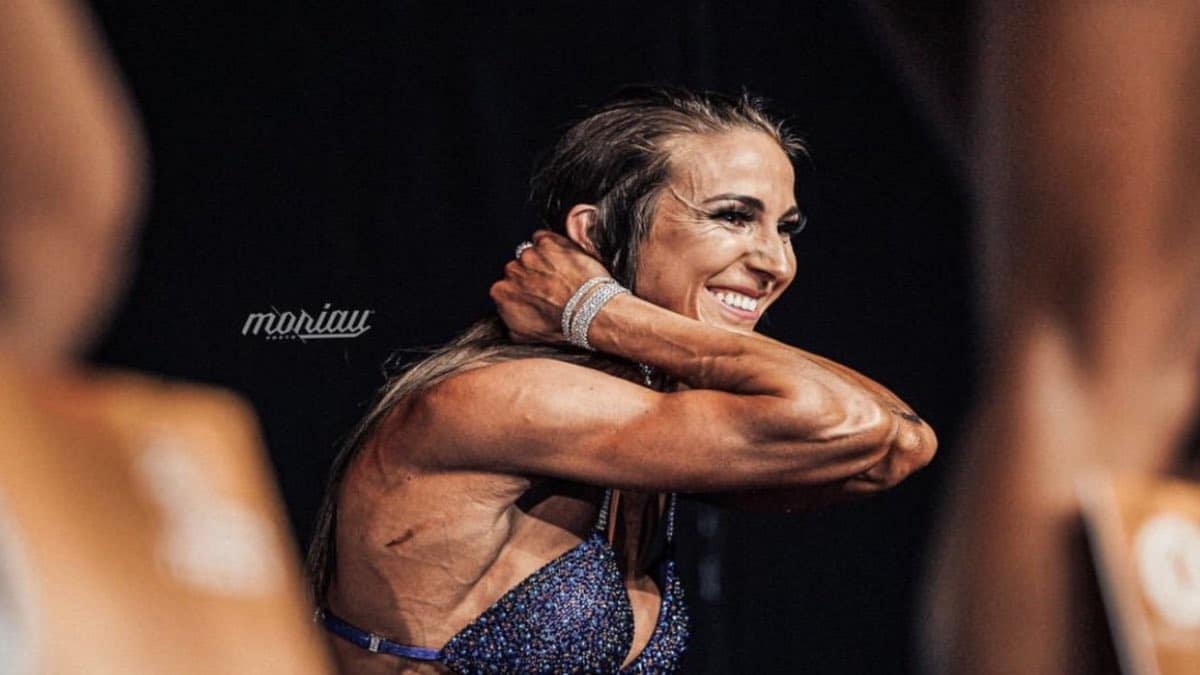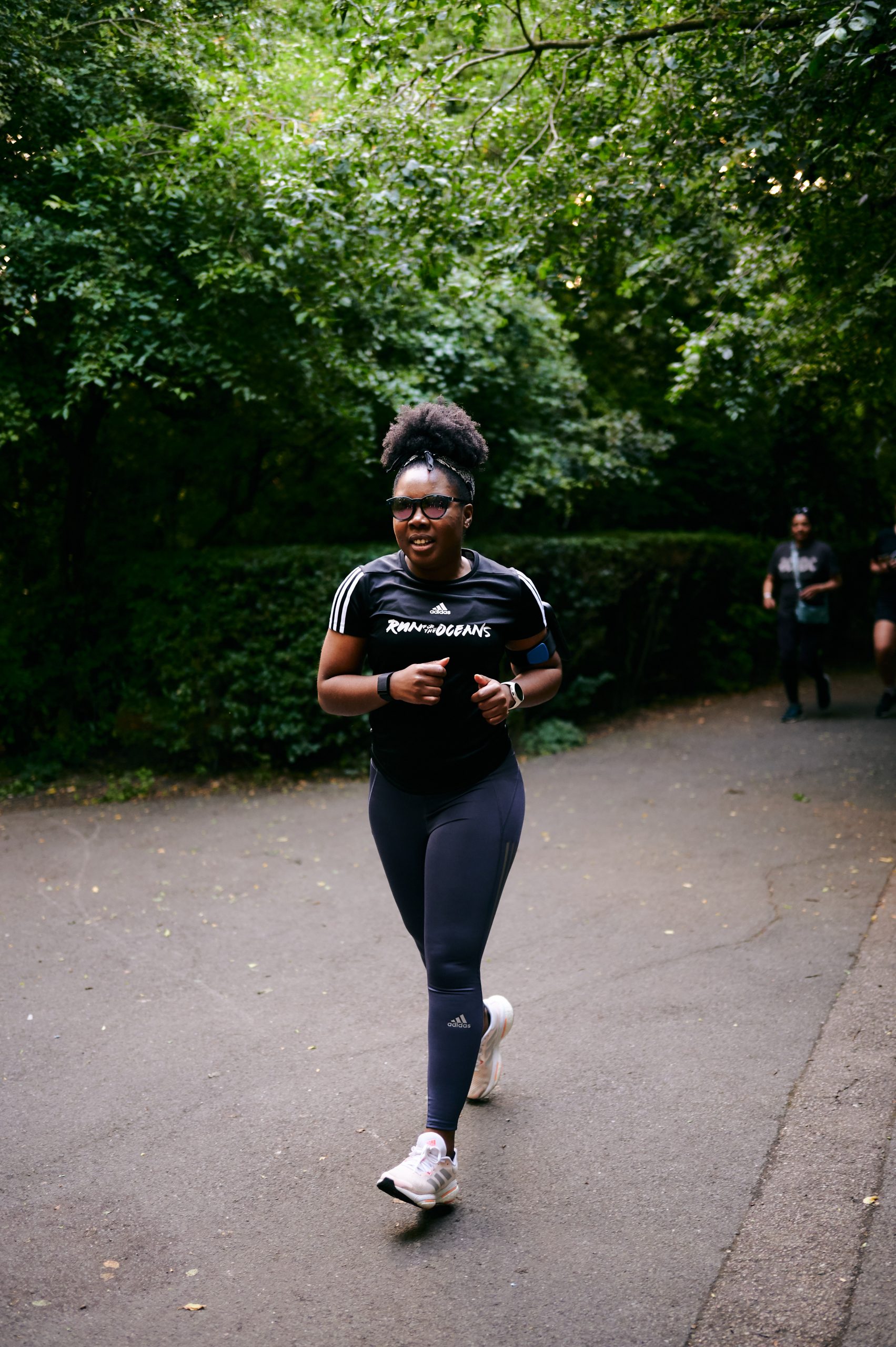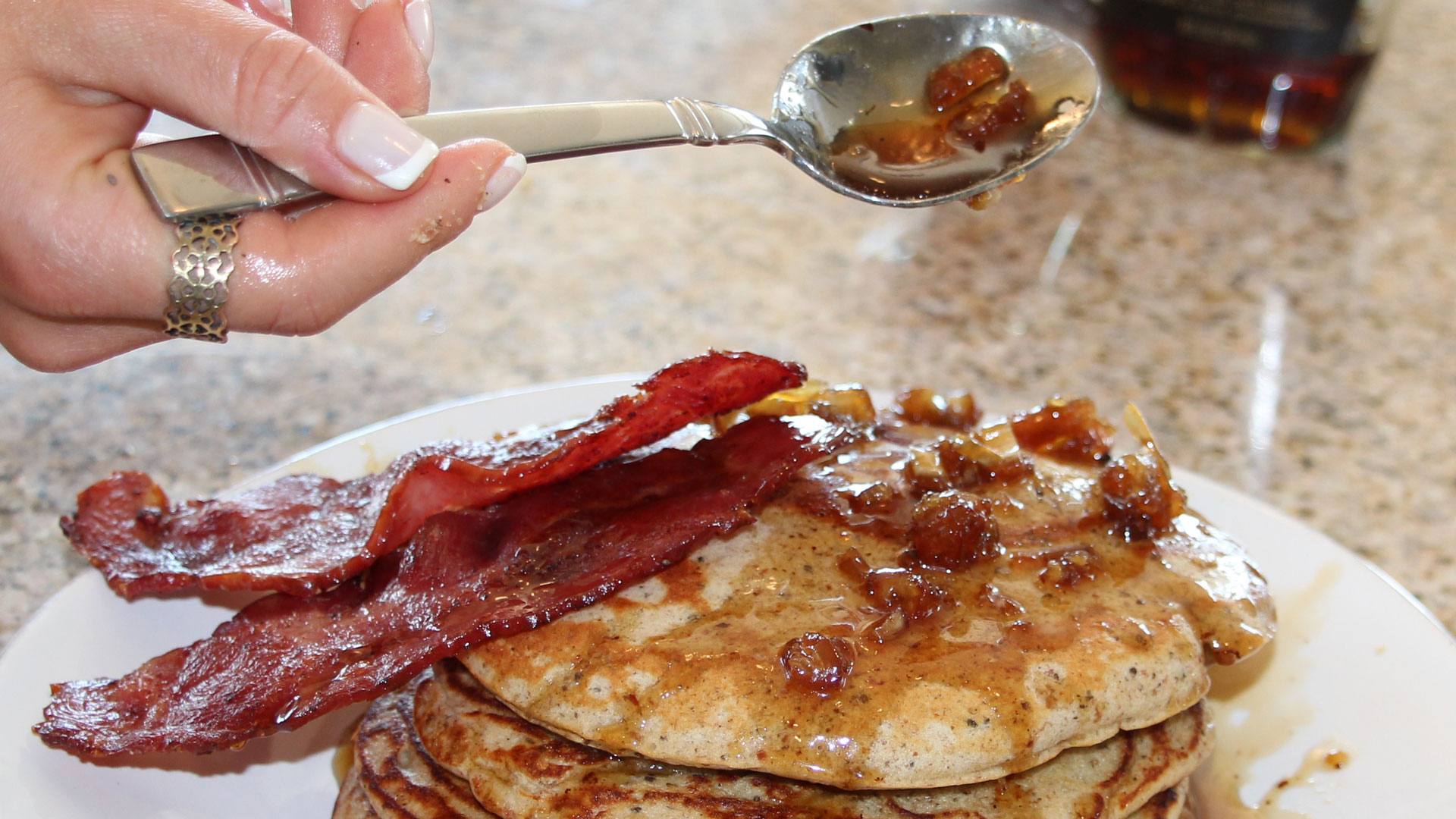Wine expert Karen MacNeil says that: “A life with wine is so much richer and more delicious than a life without it!” And, we couldn’t agree more. Life IS better with wine (in moderation, obviously).
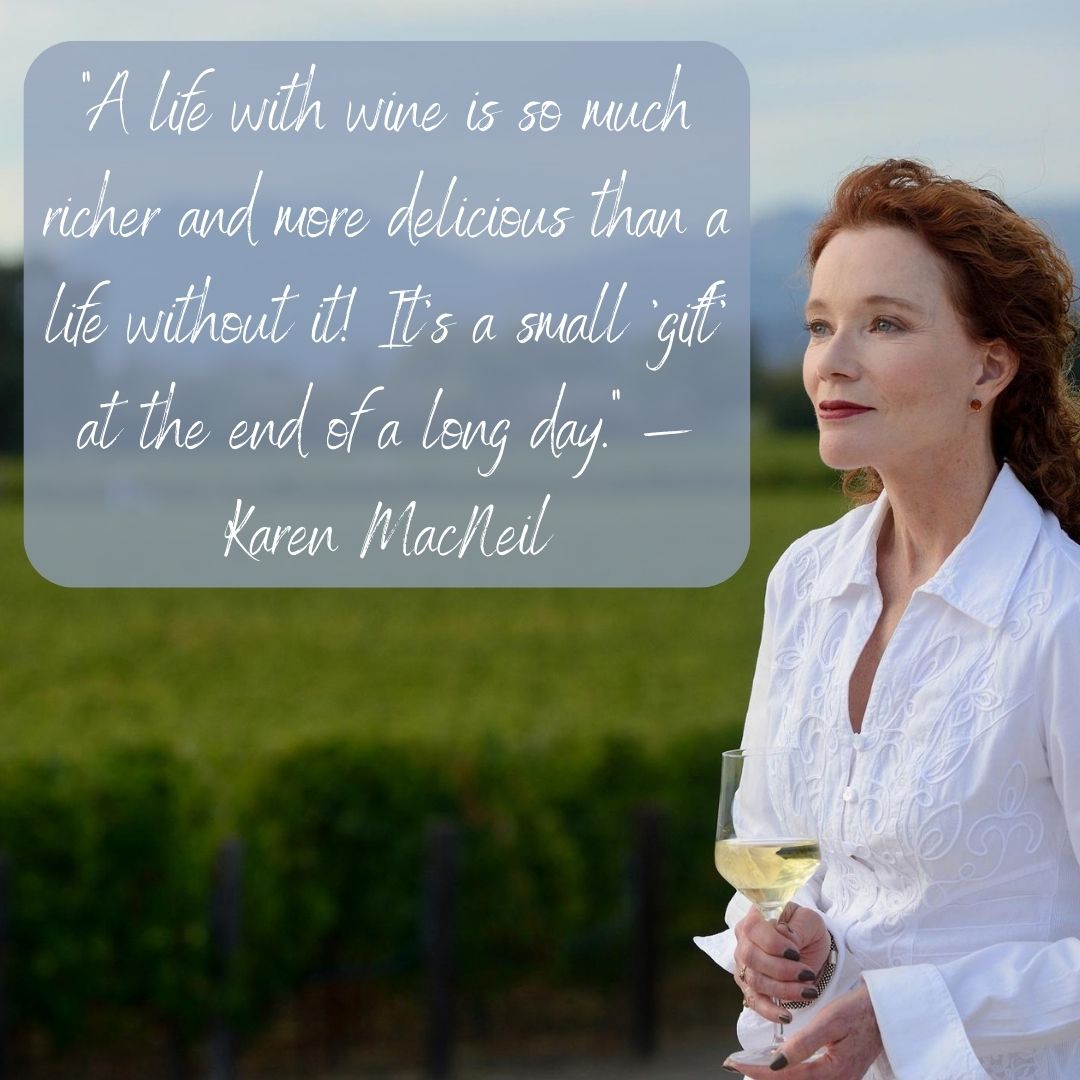
And, to help you love what’s in your glass even more, we asked Karen 10 of our burning vino-related questions. As the author of The Wine Bible (which, just had its third edition released and is considered the bestselling wine book in America, with more than 800,000 copies in print), she quite literally wrote the book on wine.
For someone who is new to wine, what do you think the best way to use / read The Wine Bible is?
Karen MacNeil: Just open the book anywhere and start reading! There are fascinating side boxes and stories on every page. Most people read The Wine Bible (WB) in this unconventional way. It’s also fun to buy a bottle of wine, look up that region in the WB, and read while you sip.
What are some of the updates in this version that you’re most excited about and why?
Karen: I love the brand new chapter on Great Britain, which is now making delicious sparkling wines that have a lot in common with Champagne. Climate change has hurt many wine regions, but it has benefitted England, making the climate conducive to great wine. I also love the new chapter called “In the Beginning … Wine in the Ancient World.” Fascinating!
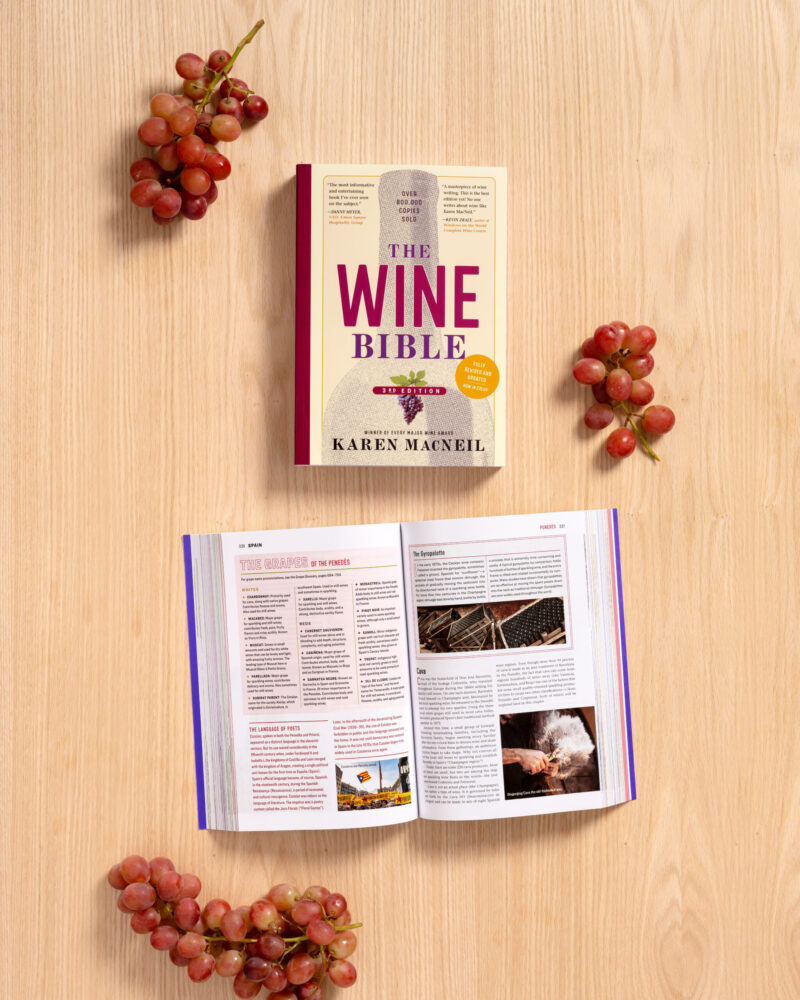
If people are interested in trying something new and different from the usual Chardonnay, Pinot Noir, and Cabs that are found on most wine lists and grocery store shelves, are there any wine regions or grapes that you suggest people try? Any hidden values?
Karen: Spain and Portugal make sensational wines from native varieties like Tempranillo and Touriga Nacional (both red grapes). The wine culture in these two countries is ancient, the wines are fantastic and they are STEALS! Many terrific wines under $25.
If someone wants to begin learning about wine but is overwhelmed and doesn’t know where to start, where should they start?
Karen: Wine is very welcoming. It really doesn’t matter where you start. Just pick a country and start drinking wines from there. If you drink the wines of one country for say six months, you’ll discover that you have actually acquired a good idea of the flavors of those wines. Then move on to country No. 2. And so on. Just begin!
In your experience, what’s the most widely misunderstood thing about wine? Any common missteps newbies make?
Karen: People often swallow wine too quickly. If you swallow too quickly you won’t taste anything and you’ll have no idea how delicious the wine really is.
What are some of your favorite wine and food pairings? Any that you have on the regular or that might surprise people?
Karen: Champagne and potato chips are high on my list. Also rosé and grilled cheese sandwiches.
We’ve seen a lot of wines come on the market that are marketed specifically as low-calorie. Got thoughts on those?
Karen: Low-calorie wines are often highly manipulated. I would rather drink a half glass of the real thing than a glass of (usually not very good) low-calorie wine.
Have you seen any categories of wine or regions really gain in popularity this year? Any you’ve seen people lose interest in?
Karen: Wine interest is exploding across the globe. EVERYTHING is interesting.
Are there any wine trends you’re expecting to see take off in 2023? Any you wish would fade away?
Karen: Wine takes time — years of time. Often it takes 10 years or more to plant a vineyard and make and age a wine BEFORE it is released. Wine is the ultimate non-trend. I love it because of that.
We’re sure this is like asking you to pick a favorite child, but if you could only have three wines for the rest of your life in your glass, what would they be?
Karen: Champagne (from France of course), Pinot Noir from California and Oregon, German and Austrian Riesling.
A huge thanks to Karen for taking the time to answer our questions! And, for the record, we couldn’t agree more with her thoughts on low-calorie wine. Cheers, y’all! —Jenn
Some content / photos excerpted from The Wine Bible, 3rd Edition by Karen MacNeil. Workman Publishing © 2022
